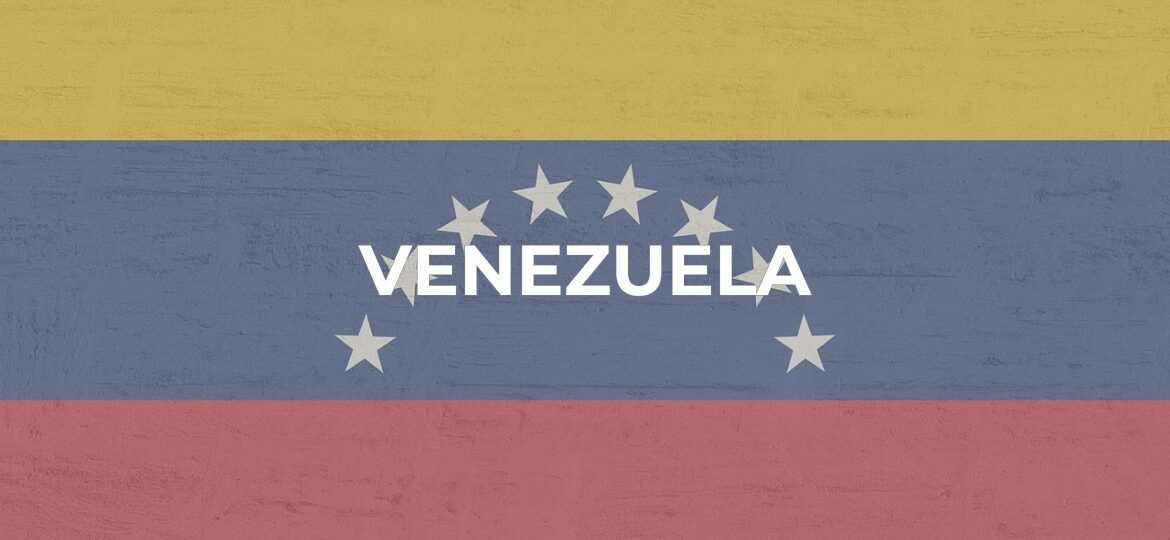
ProtectDefenders.eu has received through its partners information about the progress in the approval of the Bill on Supervision, Regularization, Action and Financing of Non-Governmental Organizations and Related Organizations, which represents an enormous threat to the work carried out by civil society organizations (CSOs) in Venezuela, and which is part of a series of systematic provisions that the Venezuelan government has adopted in the last decade to restrict the exercise of their rights, which in addition to restrictive regulatory frameworks, has also been characterized by harassment; judicial harassment and defamation campaigns against people and organizations defending human rights.
On January 9, 2024, the President of the National Assembly, Mr. Jorge Rodríguez announced the holding of a public consultation to discuss the content of the bill, to subsequently carry out its final approval. The consultation took place three days later, with the participation of different sectors – the representation of civil society being a minority and even having the presence of members of the armed forces, such as security agents, the Bolivarian National Armed Forces (FANB), the Bolivarian National Intelligence Service (SEBIN), the Scientific, Criminal and Criminal Investigation Corps (CICPC), among other military and police bodies that have been widely identified by United Nations mechanisms as alleged responsible for serious human rights violations and alleged crimes against humanity in the country.
The explanation of the rationale behind this decision by members of the parliament resulted in an act of disqualification of the work of CSOs. A narrative of stigmatization was promoted against civil society organizations, by questioning their nature, and the purposes of their work and paying special attention to the origin of their funding. Mr García pointed out that this bill is necessary given that “organizations […] receive money of dubious origin […], there is no accountability for it, [it is not known] where it comes from and what it is being used for.”.
Likewise, the work of CSOs was equated with that of other types of actors, such as private sector entities and even business entities; arguing that if the State has broad control and regularization power in this sector, it would also have to do so with civil society. A fact that makes it invisible and ignores the nature of CSOs, particularly those dedicated to the promotion and defence of human rights. This bill was presented for discussion for the first time on January 24, 2023; and in less than an hour the initiative was approved, without the explanatory statement being considered or the articles being discussed, as required by the Venezuelan Constitution.
It is worrying that CSOs are repeatedly singled out and publicly criminalized by the National Assembly; mentioning names and even showing photos of the logos and faces of the members of these organizations, on this occasion it was the deputy, Mr. Infante, who during the public consultation pointed out different organizations, including PROVEA, a member organization of the FIDH, as part of a group of at least 63 organizations that the government indicates as linked to political parties. Previously, Congressman Diosdano Cabello had made similar statements when he first presented the bill proposal.
This bill seeks to further isolate Venezuelan civil society by presenting it as a matter of “national interest.” In fact, within the framework of the approval process of this project, positions and narratives are promoted that disqualify acts of international solidarity, regarding the concerns that exist around the approval of this initiative; and it even calls into question the criteria and diagnoses that the international community has made regarding the human rights situation in Venezuela.
These “foreign agent laws” have been used in countries such as Russia, Nicaragua and Ethiopia to paralyze the work of CSOs, limit their actions, discredit them and deprive them of resources. These legislative initiatives are symptomatic of the growing hostility towards civil society, in a general context of intimidation, harassment, reprisals, harassment, as well as the operational limitations that currently affect organizations and people defending human rights.


